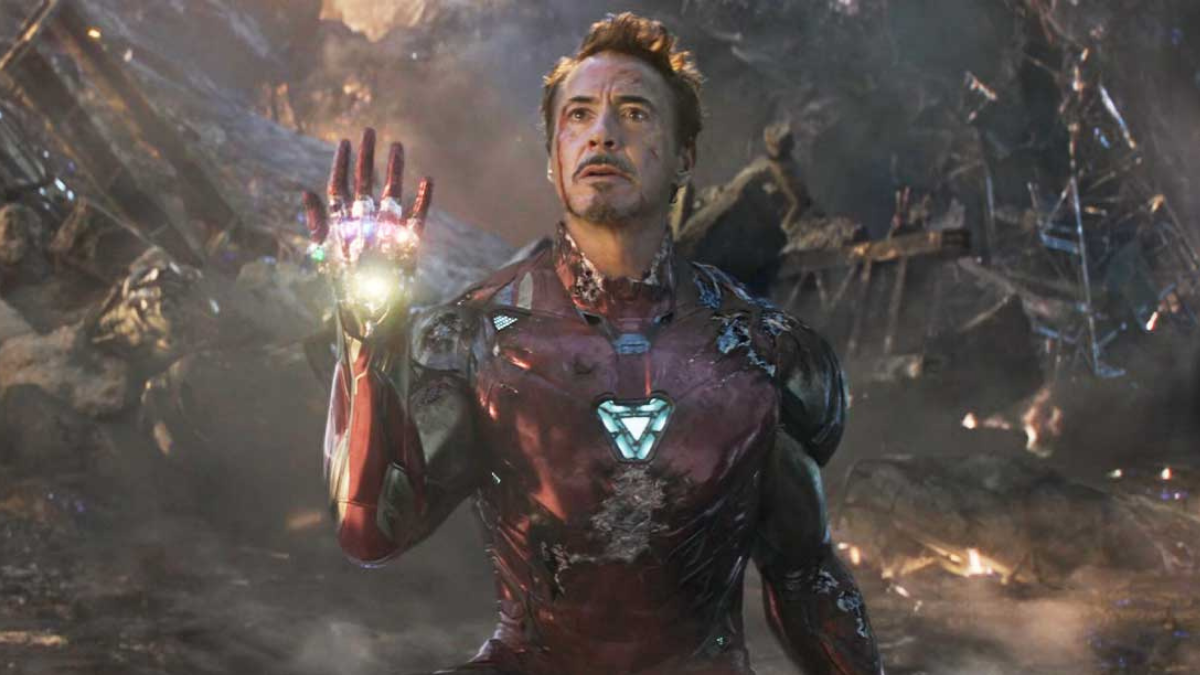“The picture is the baby,” is the driving mantra of Monroe Stahr (Matt Bomer), the titular character in Amazon’s latest serial drama The Last Tycoon, based on F. Scott Fitzgerald’s unfinished novel of the same name. The show follows the ups and downs of Stahr as he tries to protect that baby, sometimes at the cost of his own soul. A successful young producer in the late 1930s who runs the lot of Brady-American Pictures with an iron fist wrapped in a silk glove, Stahr has to navigate the demands of starlets, rival producers, and his pool of screenwriters while dealing with his acerbic boss Pat Brady (Kelsey Grammer), his friend and occasional antagonist.
Stahr is still reeling from the loss of his wife Minna Davis (Jessica De Gouw), one of Brady-American’s biggest stars. Now he’s out to make a movie about her life, but faces obstacles in a film industry still recovering from the Great Depression. His personal life is overly complicated, too, as he deals with an alcoholic brother-in-law, the attentions of his boss’s daughter Cecelia (Lily Collins), and his nascent involvement with a young Irish woman Kathleen (Dominique McElligot), who bears more than a passing resemblance to his dead wife.
Though it shares a few similarities with FX’s Feud, The Last Tycoon is a less lurid look into the backlot of Hollywood during what was its most creative and rockiest period, just after the Great Depression but just before World War II. The production design of the show moves between the bright and bubbly sunlight of L.A. to the seedier, darker worlds of union meetings and shantytowns, attempting to encompass all the glamor and human drama that was Hollywood in the 1930s. While it doesn’t shy away from depicting the less palatable aspects of the biz, it also doesn’t dwell on those elements. There are few villains in this show – just antagonists, people attempting to navigate a brutal industry in the business of glitz and glamor at all costs.
Thankfully, the show does not solely dwell in the realm of Hollywood glamor, taking pains to move back and forth between the privileged heads of studios and the people – directors, writers, messengers, seamstresses, and script girls – who make the movies. Cecelia wants to be a producer, but she also wants to know how the business works, taking an unpaid job in the wardrobe department in an effort to get closer to the people who make up the underclasses in her father’s studio.

An intriguing subplot involves Max Miner (Mark O’Brien), a young man living in a shantytown near the studio who becomes a messenger and eventual spy for Brady. There are further hints of political unrest among the writers, and the looming anti-communism that would eventually turn into the blacklist in the 1950s. There’s also a fascinating subplot involving a German distributor who insists on excising Jewish surnames from scripts, among other things, developing Hollywood’s rather problematic relationship with the far right in America and abroad in the name of commerce.
But the central character is still Stahr. Based on “boy wonder” Irving Thalberg, who made MGM a major force in the 1930s, Stahr is a brilliant producer with a deep understanding of what makes a movie work, and a drive to get the picture regardless of personal cost. That being said, while Bomer is a wide-eyed and good looking lead, somehow he doesn’t hold the camera with the intensity needed to explain why at least three women are chasing him at once. More effective is Kelsey Grammer as Brady, a complex and multilayered figure buoyed by Grammer’s undoubted charm. Exploitative and manipulative, he also attempts to be a good father and friend while trying to do what he thinks best for his studio.
The issue of Bomer isn’t one that The Last Tycoon can easily escape, though it does try. The longer we spend with Stahr, the less depth we seem to find there, and Bomer cannot lift the character out of “cute but boring.” This improves somewhat as the other characters develop around him, but all the things that should make Stahr interesting – his continued mourning, the complexity of his relationships with women, the push and pull between him and Brady, his obscured Jewish background – wind up falling flat in the wake of Bomer’s rather depthless gaze. Bomer is pretty to look at – very pretty – but he seems unable to find depth in this role.
Still, the relatively lackadaisical nature of the leading man doesn’t doom The Last Tycoon, thanks largely to a plot that keeps moving with every episode (there’s very little fat on the show’s bones) and a bevy of supporting characters with their own plotlines that don’t revolve exclusively around Stahr. What’s more, the show attempts, very gamely, to approximate the realities of the day-to-day life of a studio in 1930s Hollywood. It touches on the factory-like nature of film production and the lengths to which producers went to obtain (and keep) stars. It deals with drug use and sexual exploitation without lingering on them, revealing without attempting to titillate. Political upheaval, the rise of fascism abroad and at home, the nebulous nature of the film industry at a time when the country is still recovering from economic crisis, and the sacrifices, human and moral, made “for the picture,” all get their due focus here.
Despite a somewhat dull leading man, The Last Tycoon is a relatively successful series, far more realistic and multifaceted than many of its fellows that attempt to show the seedier side of moviemaking in the Golden Age. A strong script from strong source material allows the relationships to develop organically, and there are times when the show rivals some of the best filmmaking of the era that it depicts. Come for the pretty people, stay for the melodrama, and catch a glimpse into the realities of the Dream Factory.






